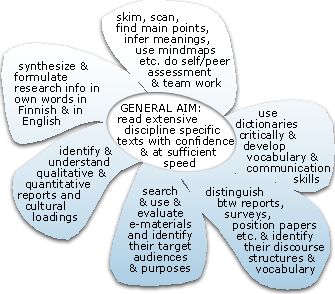
Many people say that learning mathematics is like learning a whole new language. My perspective is a little different. I see mathematics merely as a supplement to whatever language you are using. The difference is that I don't consider mathematics to be a separate language which is communicated only with a random assembly of confusing notation. Mathematicians over the years have developed tremendously varied confusing notation for all sorts of things, but if you pick up any professional mathematics journal, you will notice that everything is still written using all the usual customs of writing in that language.
Every sentence must have a subject and verb. You organize sentences to explain ideas into paragraphs. You assemble paragraphs into cogent arguments called essays or reports. This is true no matter what subject you study, and this includes mathematics. The only reason mathematicians have all those strange symbols is to make their writing more succinct. (For instance, no one in their right minds wants to write the long stringy "the first derivative of the function with respect to the independent variable" when one could simply write "df/dx".) The next time you open your textbook, take special care to notice punctuation.
Generally, if the book is well-written, you will notice punctuation scattered amidst all the formulas. The author does this because s/he is forming complete sentences, and s/he wants to make sure the reader can feel the appropriate cadence as s/he reads. Perhaps you can tell by now, but I could probably write a whole essay on this subject alone. Here's a summary: You can always try to improve your writing skills, and you have ample opportunity in every math class you take.
(taken from: http://homepages.wmich.edu/~drichter/successessay.htm)








